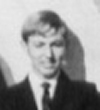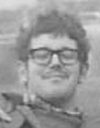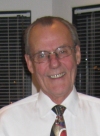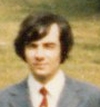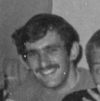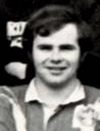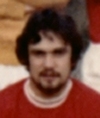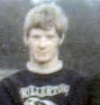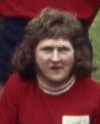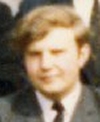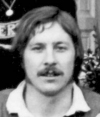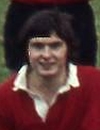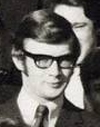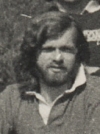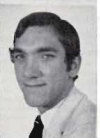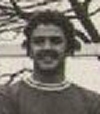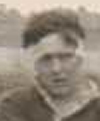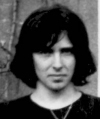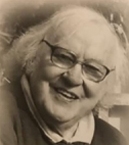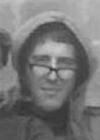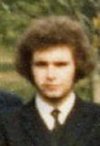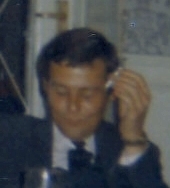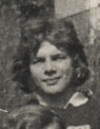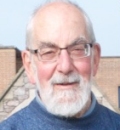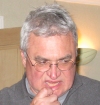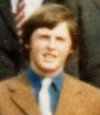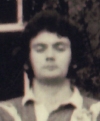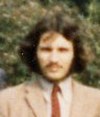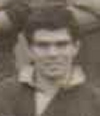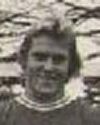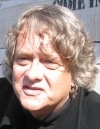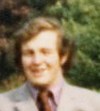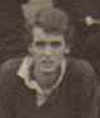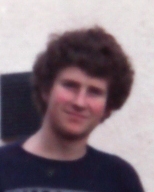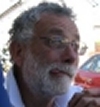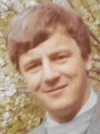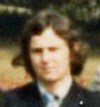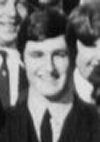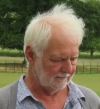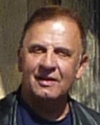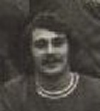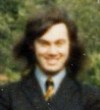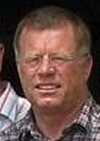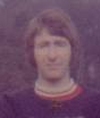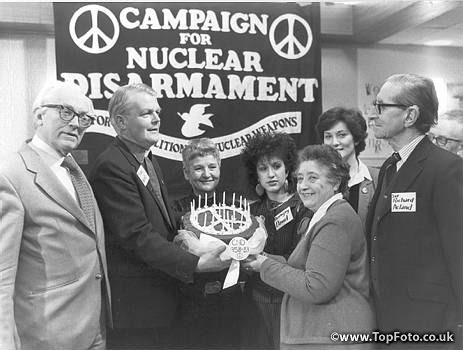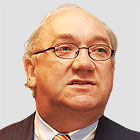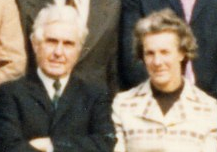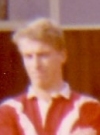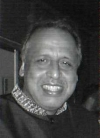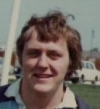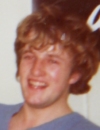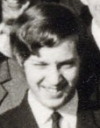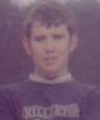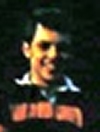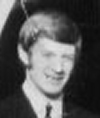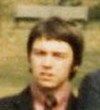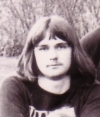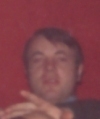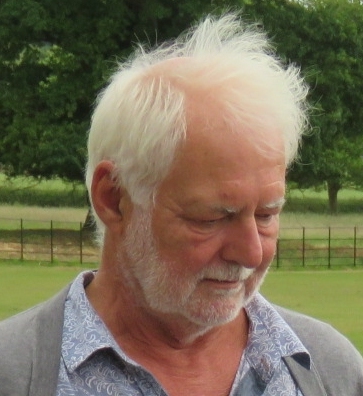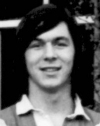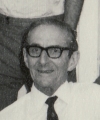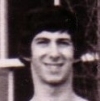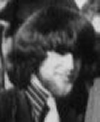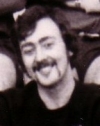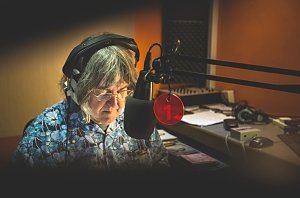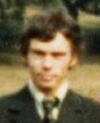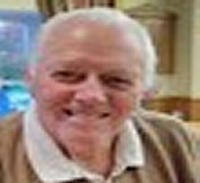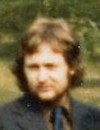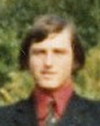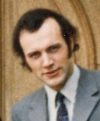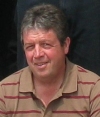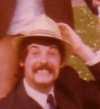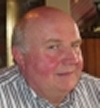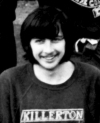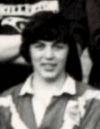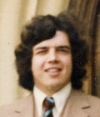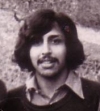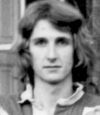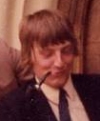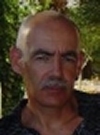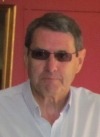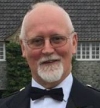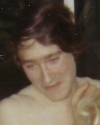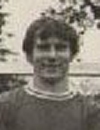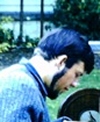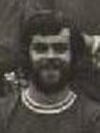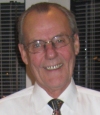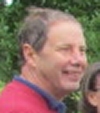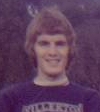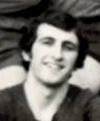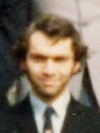The Killerton Bar Tab
by Dick Henley
In 1967 there were many fraternities that collectively made all of us 'Killertonians' for life. There was the folk club, several very good rugby teams, a half decent cricket crew, squash tournaments, in-house foosball league, Sunday Church group, poetry recitals, open house events for the ladies, formal dinners for the gentlemen, movie nights, outdoor concerts and other programs I've probably forgotten.... What I've not forgotten is that at the center of it all, and contributing more to the ethos of Killerton than any other student program, was that flag stoned sanctuary we knew simply as... 'The Bar'.
On my arrival in September 67 I had two summers experience at bar tending and consequently knew all about changing barrels and cleaning pipes. Along with Colin Glue, I was immediately seconded to the bar committee and we were effectively the bar managers for the next three years, reporting first to the social committee, on which we sat, but ultimately to Sir Richard, especially on the bar finances. He signed the cheques, banked the takings, and the license was in his name. Our mandate was to turn a profit, ten percent of which would be for social committee use. The remainder was put aside and from time to time Sir Richard would make donations to local charitable causes or equip one of our sports teams in new Killerton colours.
The first thing we identified was a difficulty in being around to receive deliveries from numerous suppliers. The answer to 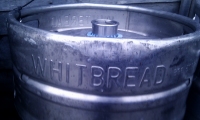 that was to make the bar a 'Whitbread House' and get just one delivery every two weeks or so. It wasn't long before Glue and I received two beautifully engraved invitations to the South Devon landlords trade show at the Saint David's Hotel in Exeter.... We figured that event was worth missing the odd lecture for,(wouldn't you?), so we got a friend to drop us off at eleven and arranged to be picked up at four. We didn't make it..... They had about forty different brands of booze all set out on different tables. We were doing okay for the first hour and ten samples, but got bogged down at the barley wine selections. I have a dim recollection of eating all kinds of top notch canapes and sitting down to watch their promotion of yacht racing..... I still don't recall our ride home to Killerton.
that was to make the bar a 'Whitbread House' and get just one delivery every two weeks or so. It wasn't long before Glue and I received two beautifully engraved invitations to the South Devon landlords trade show at the Saint David's Hotel in Exeter.... We figured that event was worth missing the odd lecture for,(wouldn't you?), so we got a friend to drop us off at eleven and arranged to be picked up at four. We didn't make it..... They had about forty different brands of booze all set out on different tables. We were doing okay for the first hour and ten samples, but got bogged down at the barley wine selections. I have a dim recollection of eating all kinds of top notch canapes and sitting down to watch their promotion of yacht racing..... I still don't recall our ride home to Killerton.
 that was to make the bar a 'Whitbread House' and get just one delivery every two weeks or so. It wasn't long before Glue and I received two beautifully engraved invitations to the South Devon landlords trade show at the Saint David's Hotel in Exeter.... We figured that event was worth missing the odd lecture for,(wouldn't you?), so we got a friend to drop us off at eleven and arranged to be picked up at four. We didn't make it..... They had about forty different brands of booze all set out on different tables. We were doing okay for the first hour and ten samples, but got bogged down at the barley wine selections. I have a dim recollection of eating all kinds of top notch canapes and sitting down to watch their promotion of yacht racing..... I still don't recall our ride home to Killerton.
that was to make the bar a 'Whitbread House' and get just one delivery every two weeks or so. It wasn't long before Glue and I received two beautifully engraved invitations to the South Devon landlords trade show at the Saint David's Hotel in Exeter.... We figured that event was worth missing the odd lecture for,(wouldn't you?), so we got a friend to drop us off at eleven and arranged to be picked up at four. We didn't make it..... They had about forty different brands of booze all set out on different tables. We were doing okay for the first hour and ten samples, but got bogged down at the barley wine selections. I have a dim recollection of eating all kinds of top notch canapes and sitting down to watch their promotion of yacht racing..... I still don't recall our ride home to Killerton.I digress; on to the bar tab story.
In the Spring of 1968 I had a weekend visit with my uncle Roy who at that time was due to retire from the British Army having served since age fifteen, he had been at one time the youngest R. S. M. in the army, had been promoted from the ranks and was now Quartermaster Major at Bulford Camp on Salisbury Plain. (He once remarked that if the Sandhurst graduates that he trained were to receive the same number of promotions that he had obtained, they would end up two ranks above Field Marshall.)
On Saturday morning he gave me a tour of the camp. He looked after all military supplies other than munitions, so we saw the war dogs, the motor pools, the kitchens, and the main stores and at noon ended up in the officers mess. It had been a pleasant and informative morning except it was embarrissing to have everybody jump to attention where ever we went.
The Officers Mess at Bulford is amazing. It's all polished dark wood panel, regimental flags, military regalia, and oil paintings of famous battles. In short a thickly carpeted club for gentlemen and right up my street. Roy ordered a couple of pints and as we were finishing them the personification of an English Officer walked in; six feet tall, clipped gray mustache, pressed cavalry twills, opened neck shirt with cravat, and Colonels crown and pips on his sweater shoulders. He ordered three pints and joined us .... I met the Base Commander.
He was a very personable man and seemed interested in what teacher training was all about. In the course of the conversation my trip back to Exeter came up. Evidently he had a helicopter and a personal pilot, but preferred to use other transport. Consequently his pilot was always looking for excuses to log flying hours and he offered me a ride back to Killerton in the chopper. I had seen that helicopter during my morning tour; it looked like one right out of M.A.S.H. --- I'm here to tell you folks that in thirty odd years in Canada I've flown in everything from a two seat float plane to a wide bodied jet, but I have yet to go up in a helicopter. Some bright spark in the US Marine Corps, circa 1950, started calling helicopters "rotary winged aeroplanes", now a generally used term in all armed services. Bullshit: an aeroplane glides, a helicopter just goes straight down. I politely declined his offer to descend on the Killerton rugby field.
Excusing myself to attend the washroom I thought I should buy my round for three more pints. The barman fitted the place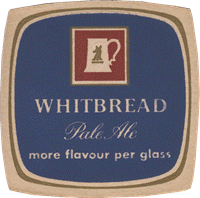 exactly. Starched white bolero waistcoat, red lapels with regimental insignia, black bow tie, all set off with red cummerbund. I ordered the drinks and got a surprise..... He informed me in no uncertain terms that this was an Officers Club, not a public bar, and only members could sign for a drinks tab; no money ever changed hands, the members were billed and payed by cheque.
exactly. Starched white bolero waistcoat, red lapels with regimental insignia, black bow tie, all set off with red cummerbund. I ordered the drinks and got a surprise..... He informed me in no uncertain terms that this was an Officers Club, not a public bar, and only members could sign for a drinks tab; no money ever changed hands, the members were billed and payed by cheque.
 exactly. Starched white bolero waistcoat, red lapels with regimental insignia, black bow tie, all set off with red cummerbund. I ordered the drinks and got a surprise..... He informed me in no uncertain terms that this was an Officers Club, not a public bar, and only members could sign for a drinks tab; no money ever changed hands, the members were billed and payed by cheque.
exactly. Starched white bolero waistcoat, red lapels with regimental insignia, black bow tie, all set off with red cummerbund. I ordered the drinks and got a surprise..... He informed me in no uncertain terms that this was an Officers Club, not a public bar, and only members could sign for a drinks tab; no money ever changed hands, the members were billed and payed by cheque. In my mind, there and then,'The Killerton Bar Tab' was born.
I ran the idea by Glue, we both ran it by the social committee, we all presented it to Sir Richard who was all for it. He remarked that his favourite House of Commons bar had worked that way.
Killertonians no longer needed immediate cash to attend the bar. The turnover skyrocketed. Profits stayed steady and prices decreased... There were of course certain downsides.... Glue and I had to hose out the bar more often than before, and protocols had to be introduced to restrict this new found drinking freedom. All in all though, the system worked. When I get a minute I'll write a few lines about when it didn't. That's a whole story in itself.
You guys from 1970 on obviously carried on a great tradition.

